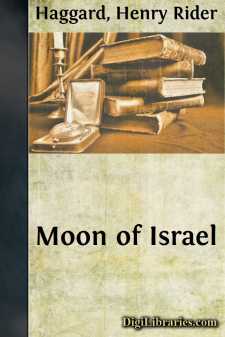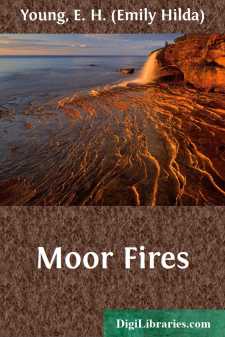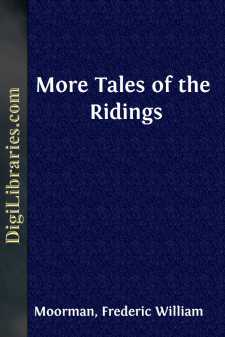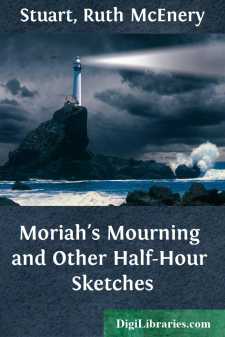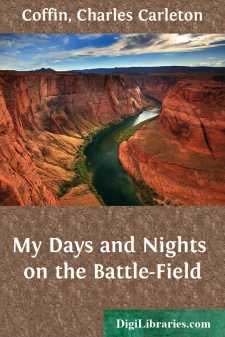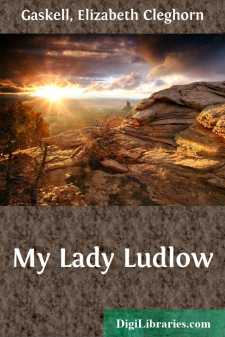Fiction
- Action & Adventure 180
- Biographical 15
- Christian 59
- Classics 6965
- Coming of Age 5
- Contemporary Women 3
- Erotica 8
- Espionage/Intrigue 12
- Fairy Tales, Folklore & Mythology 236
- Family Life 169
- Fantasy 117
- Gay 1
- General 596
- Ghost 32
- Historical
- Horror 43
- Humorous 160
- Jewish 25
- Legal 4
- Medical 22
- Mystery & Detective 315
- Political 49
- Psychological 41
- Religious 64
- Romance 159
- Sagas 11
- Science Fiction 730
- Sea Stories 113
- Short Stories (single author) 537
- Sports 10
- Suspense 1
- Technological 8
- Thrillers 2
- Urban Life 31
- Visionary & Metaphysical 1
- War & Military 173
- Westerns 199
Historical Books
Sort by:
This book suggests that the real Pharaoh of the Exodus was not Meneptah or Merenptah, son of Rameses the Great, but the mysterious usurper, Amenmeses, who for a year or two occupied the throne between the death of Meneptah and the accession of his son the heir-apparent, the gentle-natured Seti II. Of the fate of Amenmeses history says nothing; he may well have perished in the Red Sea or rather the Sea...
more...
In the dusk of a spring evening, Helen Caniper walked on the long road from the town. Making nothing of the laden basket she carried, she went quickly until she drew level with the high fir-wood which stood like a barrier against any encroachment on the moor, then she looked back and saw lights darting out to mark the streets she had left behind, as though a fairy hand illuminated a giant...
more...
Melsh Dick is the last survivor of our woodland divinities. His pedigree reaches back to the satyrs and dryads of Greek mythology; he claims kinship with the fauns that haunted the groves of leafy Tibur, and he lorded it in the green woods of merry England when The woodweele sang and wold not cease,Sitting upon the spraye,Soe lowde he wakened Robin HoodIn the greenwood where he lay. But he has long...
more...
MORIAH'S MOURNING Moriah was a widow of a month, and when she announced her intention of marrying again, the plantation held its breath. Then it roared with laughter. Not because of the short period of her mourning was the news so incredible. But by a most exceptional mourning Moriah had put herself upon record as the most inconsolable of widows. So prompt a readjustment of life under similar...
more...
THE PLOT OF ABI It was evening in Egypt, thousands of years ago, when the Prince Abi, governor of Memphis and of great territories in the Delta, made fast his ship of state to a quay beneath the outermost walls of the mighty city of Uast or Thebes, which we moderns know as Luxor and Karnac on the Nile. Abi, a large man, very dark of skin, for his mother was one of the hated Hyksos barbarians who once...
more...
CHAPTER I Which the reader will find very easy to read. Mr Nicodemus Easy was a gentleman who lived down in Hampshire; he was a married man, and in very easy circumstances. Most couples find it very easy to have a family, but not always quite so easy to maintain them. Mr Easy was not at all uneasy on the latter score, as he had no children; but he was anxious to have them, as most people covet what...
more...
INTRODUCTION LAST summer I happened to be crossing the plains of Iowa in a season of intense heat, and it was my good fortune to have for a traveling companion James Quayle Burden—Jim Burden, as we still call him in the West. He and I are old friends—we grew up together in the same Nebraska town—and we had much to say to each other. While the train flashed through never-ending miles of ripe...
more...
I.—FIRST, THE CRITICS, AND THEN A WORD ON DICKENS The critics of to-day are suffering from a sort of epidemic of kindness. They have accustomed themselves to the administration of praise in unmeasured doses. They are not, taking them in the mass, critics any longer, but merely professional admirers. They have ceased to be useful to the public, and are becoming dangerous to the interests of letters....
more...
CHAPTER I. HOW THE REBELLION CAME ABOUT. Many of you, my young readers, have seen the springs which form the trickling rivulets upon the hillsides. How small they are. You can almost drink them dry. But in the valley the silver threads become a brook, which widens to a river rolling to the far-off ocean. So is it with the ever-flowing stream of time. The things which were of small account a hundred...
more...
CHAPTER I. I am an old woman now, and things are very different to what they were in my youth. Then we, who travelled, travelled in coaches, carrying six inside, and making a two days’ journey out of what people now go over in a couple of hours with a whizz and a flash, and a screaming whistle, enough to deafen one. Then letters came in but three times a week: indeed, in some places in Scotland...
more...


